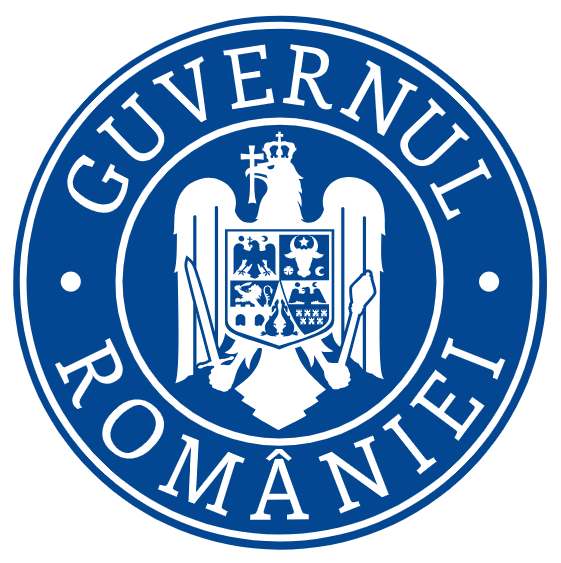Blockchain technology allows the traceability of transactions and their registration without the need for an intermediary to validate the operations (decentralization). But blockchain also has certain limitations, primarily related to data security and the right to be forgotten, but also to speed and storage capacity. It turns out that you can’t put any data in the blockchain, so we looked for solutions, and that’s how we arrived at a new technology – Open DSU – created in Iași.
Benefits of Open DSU
The patient remains the owner of his data and manages it through a digital wallet. The data is no longer transferred, it is encrypted under a specific key. If the patient gives access to a doctor, for example, he only transfers the key to read the data. So there is no more data vulnerability in transfer (I).
The second level of security is that the data is saved in bricks, that is, divided into pieces, each piece being encrypted. Even if you find the key for such a brick, you cannot make out the information (II).
The most important thing is that the encrypted data is stored off-chain and only anchored in the blockchain, an aspect that solves the most rigorous data privacy requirements while ensuring the scalability of the system (III). Specifically, only the encryption keys (hashes) are anchored in the blockchain, the data itself can be stored in the cloud, own server, etc.
The technology offered by RomSoft is agnostic – it can be applied to any blockchain, public or private, and to any data storage solution, cloud, dedicated server, etc. (IV). So the technology builds on existing solutions in the market, it doesn’t compete against them.
Potential beneficiaries are representatives from any industry, especially healthcare and pharma, where 2 conditions must be ensured simultaneously: traceability and transparency on the production and distribution chains, and at the same time maximum security of patient data and ensuring the right to be forgotten (the patient can decide to permanently delete his data). This technology ensures the necessary layer of trust between all actors in the system: the medical body, pharmacists, drug companies, research and clinical testing institutions, patient associations, regulatory authorities, etc.
The technology can be implemented either on the production and distribution chain of a single company, such as pharma companies, or on the clinical trial process, or at the level of the medical ecosystem (doctors, patients, relatives, caregivers, pharmacists).
Beneficiaries of the EDIH project can test pilot applications that use Open DSU technology for various use cases, such as eConsent or Clinical Supply Chain, which we will talk about in more detail in the following articles.
The Open DSU technology was validated in the PharmaLedger project, where Romsoft played the role of technical coordinator, together with Novartis.



